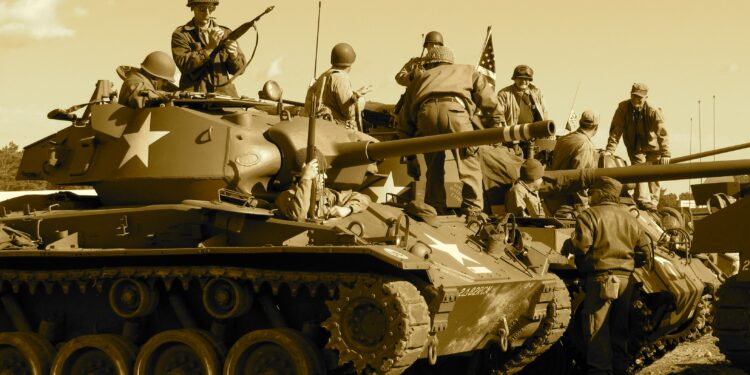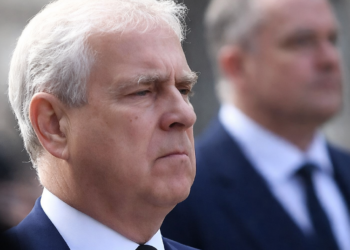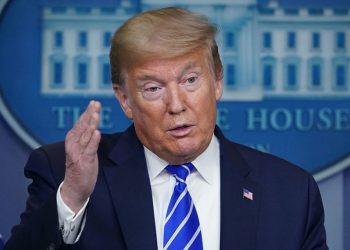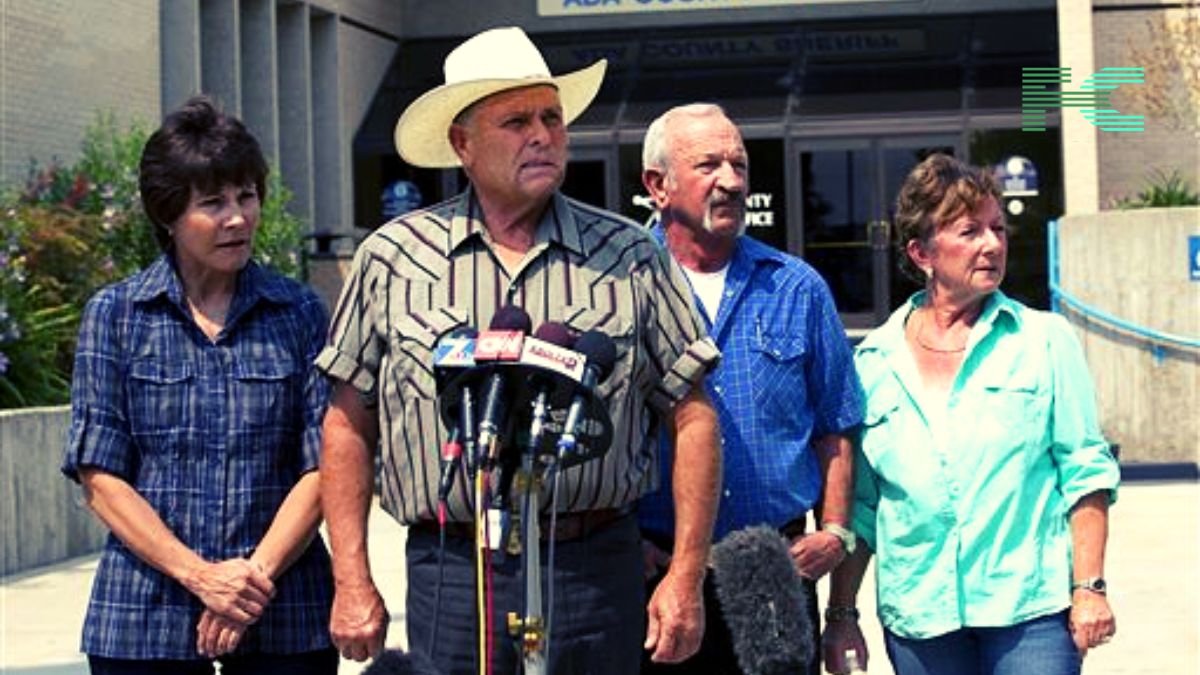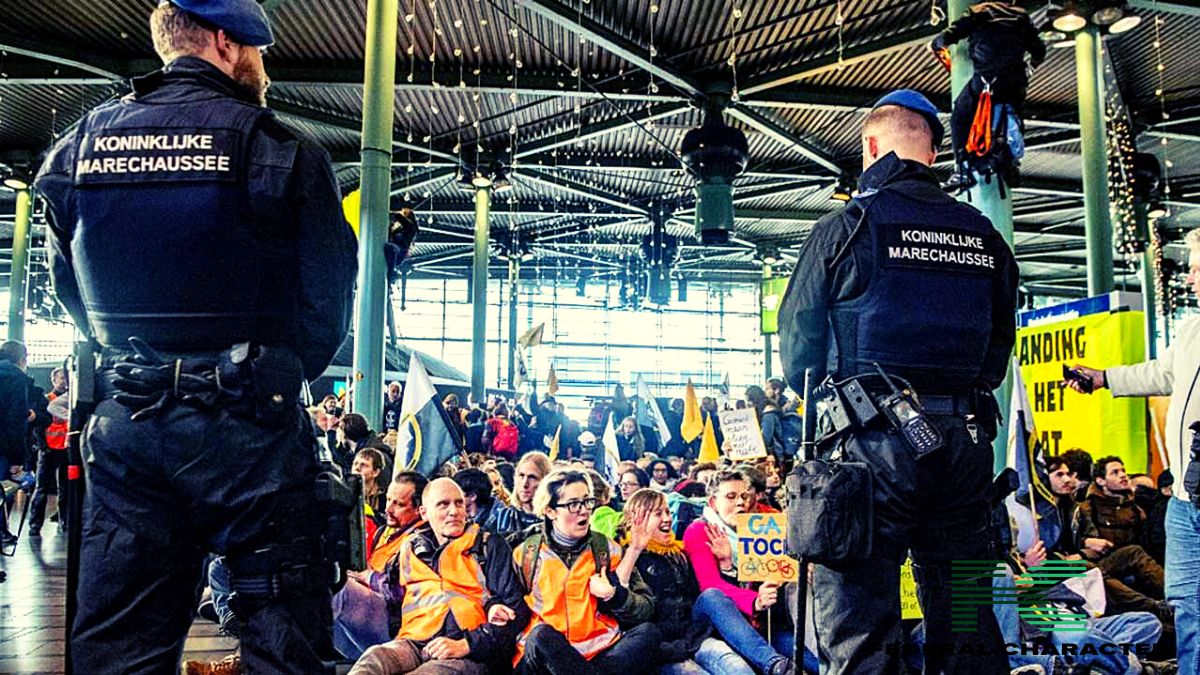The United States has declared a new international front in the war on Sudan’s notorious paramilitaries, with Secretary of State Marco Rubio demanding a global crackdown to “strangle” the Rapid Support Forces (RSF) by cutting off their weapons supply, which he directly linked to systematic atrocities and a feared genocide.
In a fiery press conference following a G7 meeting, Rubio condemned the RSF for “horrifying atrocities” in el-Fasher, including systematic murder and sexual violence, and rejected the group’s claims that the killings were the work of rogue elements. “This was systematic,” he stated.
The U.S. strategy hinges on a critical vulnerability: the RSF, which now controls the entire Darfur region, has no arms industry of its own. Rubio’s call is a direct challenge to the foreign powers accused of fueling the conflict. A leaked UN report and Amnesty International have identified a smuggling route running from manufacturers in Serbia, China, and Turkey, through the United Arab Emirates, and into Sudan via Chad.
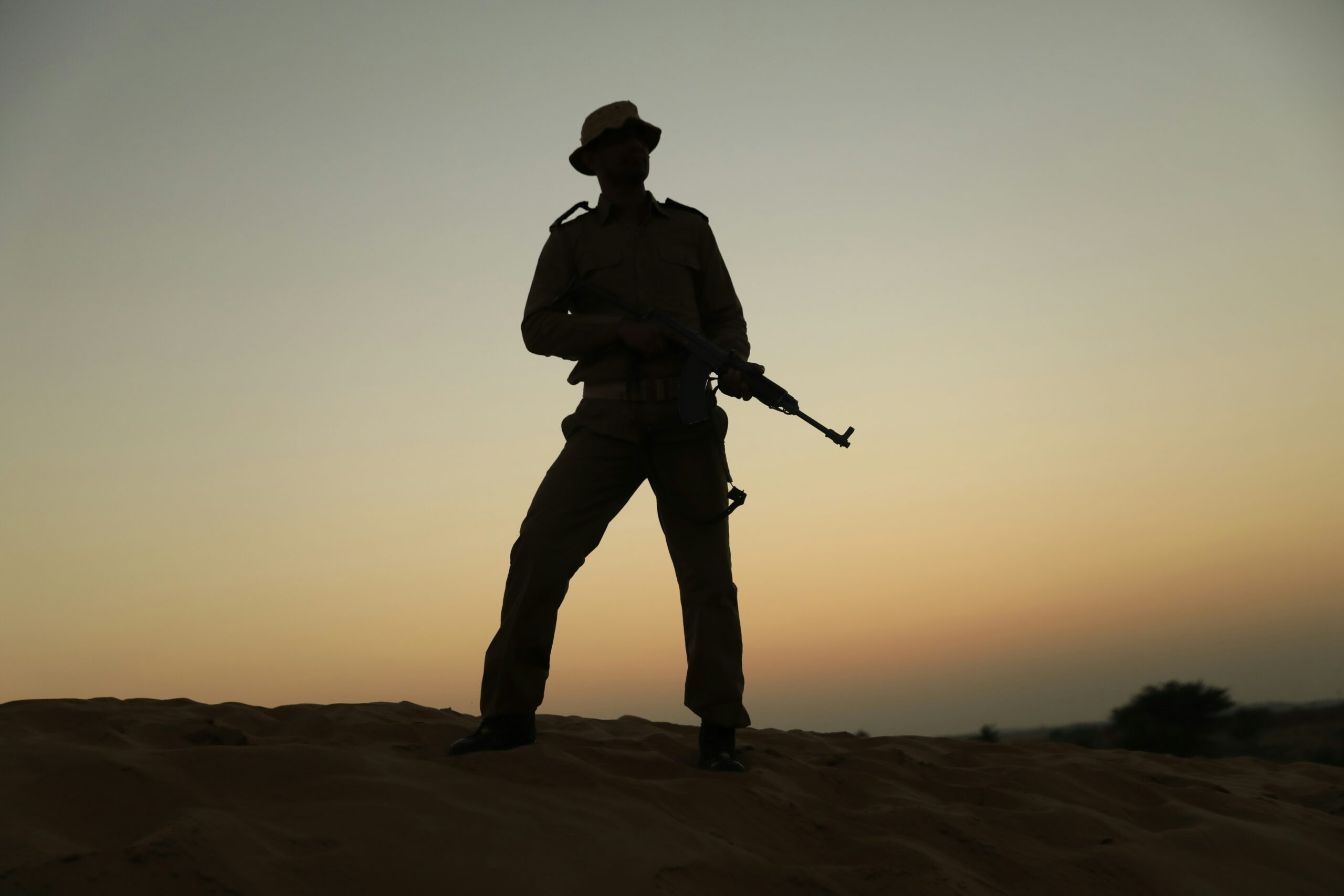
The “One Move” That Could Change Everything?
The international community now faces a stark test. If Rubio can rally the G7 to effectively blockade this weapons pipeline, it could cripple the RSF’s war machine. However, the plan faces immediate skepticism. A previous U.S.-brokered ceasefire was violated by the RSF within days, and key allies like the UK are under domestic pressure for their own alleged role in the arms flow, with British-made weapons reportedly finding their way to the paramilitaries.
The human cost of inaction is visible from space. Satellite imagery shows piles of bodies and blood-stained earth in el-Fasher, where thousands who were expected to flee are now feared dead or too malnourished to escape. The conflict has already created “the world’s largest humanitarian crisis,” according to the G7, with over 150,000 dead.
Why It Matters
The U.S. plan is bold, but it’s a gamble that arrives almost too late. Talking about “strangling” the RSF’s supply lines is a powerful soundbite, but it means nothing without the political will to confront the powerful nations—most notably the UAE—who act as the paramilitary’s lifeline. This isn’t just about seizing shipments; it’s about imposing severe diplomatic and economic costs on a key Middle East ally.
The RSF has already won the battle for Darfur. They have consolidated control through a campaign of mass murder that the U.S. itself labels a genocide. Rubio’s “shock plan” is the first sign of a serious counter-strategy, but it will fail—just like the ceasefires—if the world continues to tolerate the shadow war being waged by the RSF’s international backers. This is the one move that could end the bloodshed, but only if the West is finally willing to name, shame, and punish the suppliers profiting from a genocide.

